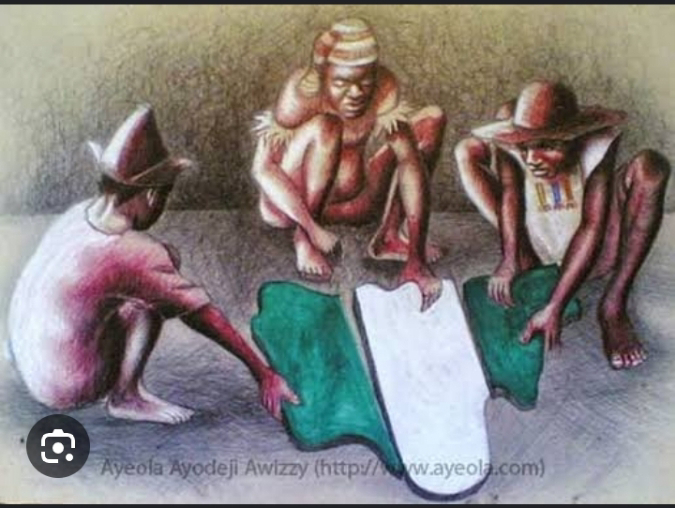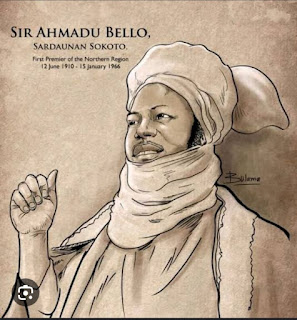Nigeria At 63 An Essay On The Famous Independence Question

Today 1st of October, 2023 marks Nigeria's 63rd Year of Independence. 63 years after been freed from colonial rule by Britain, Nigeria is indeed standing strong with a population of over 200 million people and an uninterrupted democracy that's already lasted for 24 years not a lot, but for Nigerians it's a milestone considering the 33 years spent in military rule.
Now for most people the fore mentioned information is common but there is a much more popular question ask on every Independence Day celebration- how developed is the country since from 1960- it is also no secret that the answer to this question is much more negative than positive. But today we are not going to talk about the development status of the country but rather the most important and glaring issue the country has faced since 1960, "unity".
In 1914 the British colonial administration led by Lord Lugard fused together three regions from Western Africa, the conservative Nothern Nigeria Protectorate, the stubborn and backward tribes of Eastern Nigeria Protectorate and finally the Educated and advanced but gullible Southern Nigeria Protectorate. Now this three regions were dominated by tribes of Hausa, Igbo and Yoruba but apart from the influence of the Sokoto Caliphate on outskirts of Yoruba land there has been almost no contact between the three tribes. During the 46 years of colonial rule Britain made sure there was almost no contact between this three regions, they adopted the famous "divide and rule policy" they made sure the three regions could not unite together because then there fight against colonial rule will be feeble and it was. In the South which was already well educated they gave great power to tribal chiefs who foolishly used that power to suppress their people, in the East which was usually strongly united and monarchy free they introduced kings and warrant chiefs which sowed discord among the people, in the North which was conservative and already had a strong working political system they kept it simple and just made sure the already placed structures remained there.
With all this in place colonial rule was well and truly established in Nigeria. Resistance from Nigerians didn't come until the 1930s going forward, but as mentioned before resistance to colonial rule was "feeble". Political Parties were formed but due to the already placed structures of division by the British this parties were regionalized by their founders and members, it was not untill late 1950s before the parties formed a temporary coalition to fight colonial rule and gain Independence which came in 1960, but as mentioned the coalition was only temporary and the ever present fighting in African political system kicked off again. The country didn't last long before it was plunged into one of the most gruesome civil wars in the history of Africa, with most of it's leaders and an estimated 2milion civilians dead the country could not recover, the military took over and another war ensued this time of human virtue and bad leadership.
In this new century and era of democracy Nigeria might be mistaken for a healed country which just needs to get the right leaders in but no it is not so. Even though the country is well passed those dark days of the 1990s the truth remains that the country is not truly united but rather been held together by a strong political Government. Positively though signs are showing even without the help of the Government the citizens are still gradually moving towards real unity it might take time and there might be some obstacles, after all the politicians just like the British can not achieve there goals if the country is truly united but as far as the Nigerian man is exposed and is allowed to keep on developing then he certainly would not need anyone to point him in the right direction, God bless Nigeria.

Comments
Post a Comment